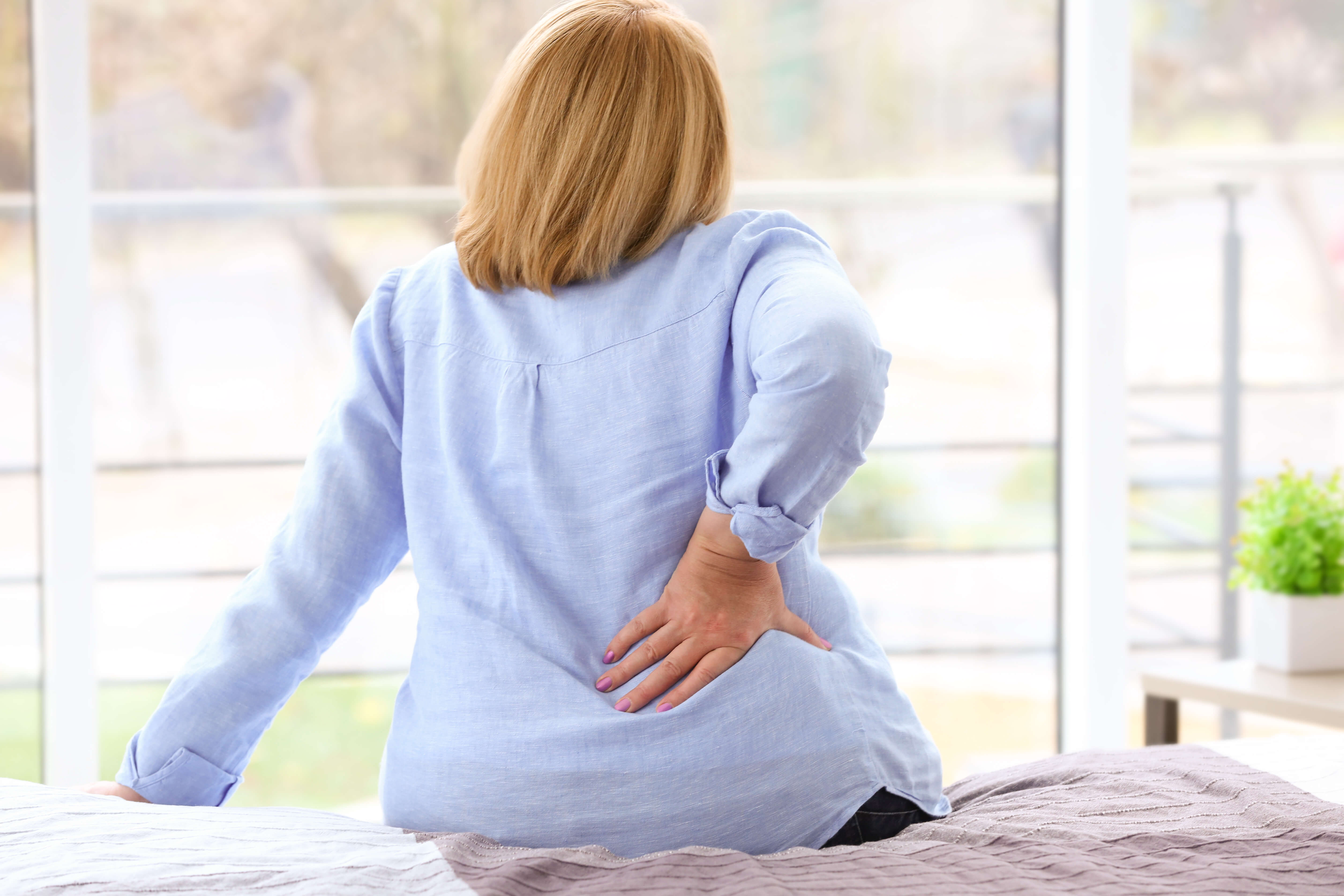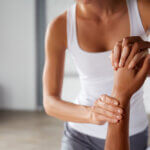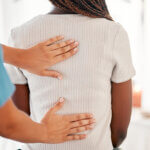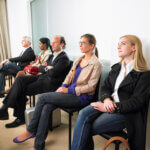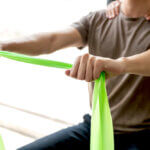Back pain is a normal part of life that everyone will have to deal with at some point. Many times, back pain is caused by poor posture or overexertion during physical activity. This kind of back pain is usually minor and can be treated at home with rest and pain medication. However, there are several forms of back pain that are more serious and require professional treatment. One such cause of back pain is a herniated disc.
Your spine is made up of several vertebrae that protect the nerves running from your head throughout the rest of the body. These vertebrae are separated by soft, jelly-like discs that provide cushion. They help prevent the vertebrae from rubbing against one another and absorb shock in an impact to help prevent injury to the vertebrae.
What does it mean when a disc is herniated?
These discs have a tough, flexible shell that contains the jelly-like fluid that the discs need to function properly. An injury or a chronic condition can cause the inner part of the disc to burst through the shell. This is known as a herniated disc.
A herniated disc can be quite painful and it requires professional treatment. Since there are many forms of back pain, you should learn the symptoms of a herniated disc to know when you should visit a professional for help.
Symptoms of a herniated disc
- Pain in the spine
- Pain spreads from the spine into your arms or legs
- Pain that grows worse after standing, sitting or walking
- Numbness in the back or one side of your body
- Weakness
In addition to knowing the symptoms of a herniated disc, you should also be aware of the risk factors. Keep in mind, though, that just because you don’t fall under one of these risk factor categories, it doesn’t mean you cannot get a herniated disc.
Risk factors for a herniated disc include:
- Aging — As you age, the discs naturally wear down, which can lead to a herniated disc.
- Obesity — Being overweight puts additional strain on your spine that can cause the discs to wear out.
- Lack of exercise — Exercise and physical activity helps keep the back and core muscles strong and flexible. This provides support for your spine, which can help prevent a disc from slipping.
Contact Whatcom Physical Therapy when you have a herniated disc
Our team at Whatcom Physical Therapy can help reduce the back pain caused by a slipped disc. We can rehabilitate the strength and flexibility of your back and core muscles. This helps support your back to reduce pressure off the herniated disc while it recovers. Plus, a stronger back helps prevent more herniated discs in the future.
Contact our team today for more information or to schedule an initial appointment.

